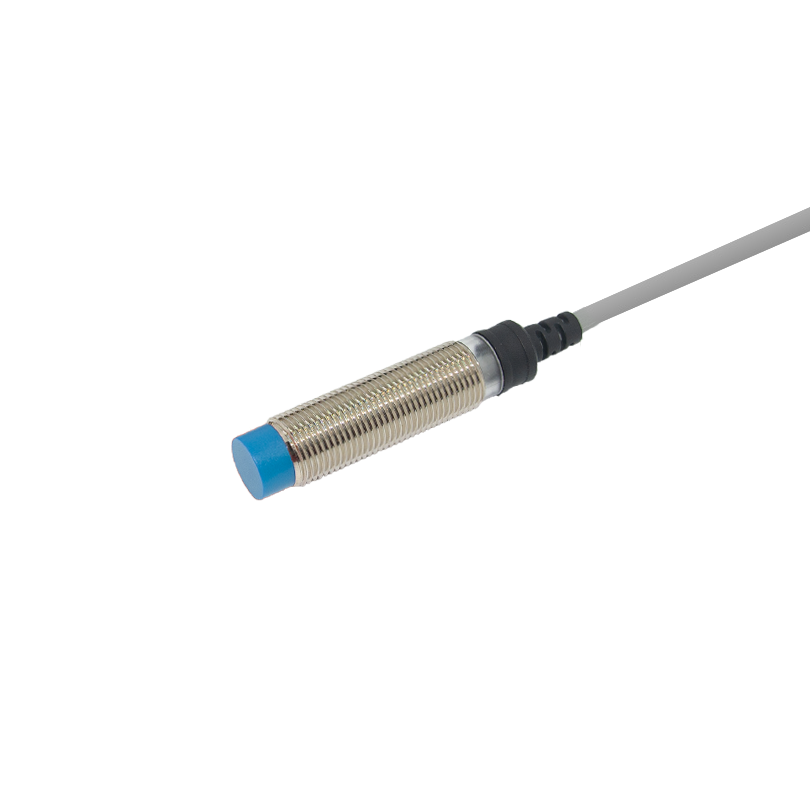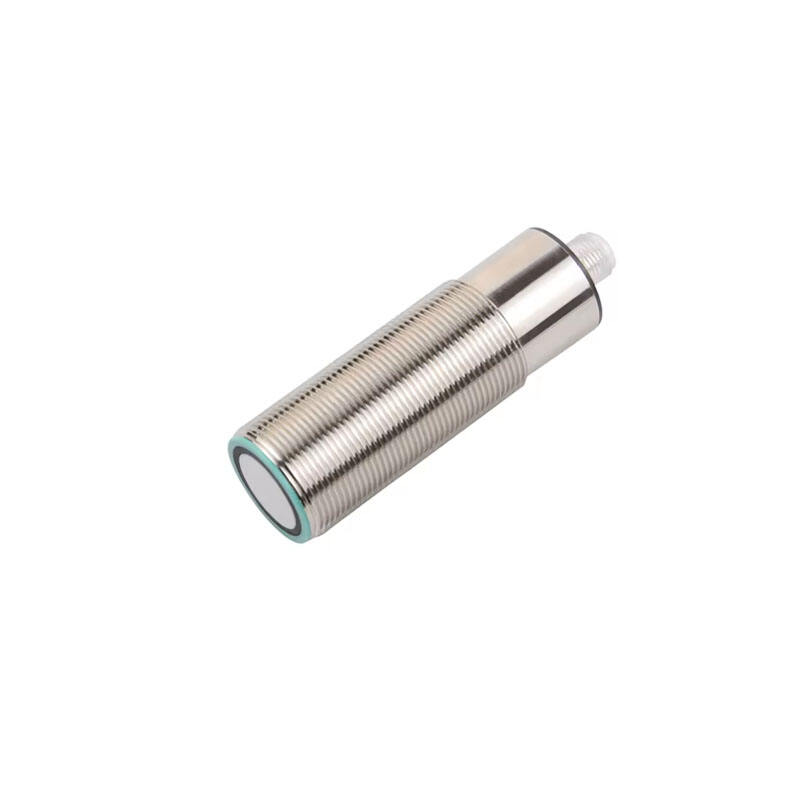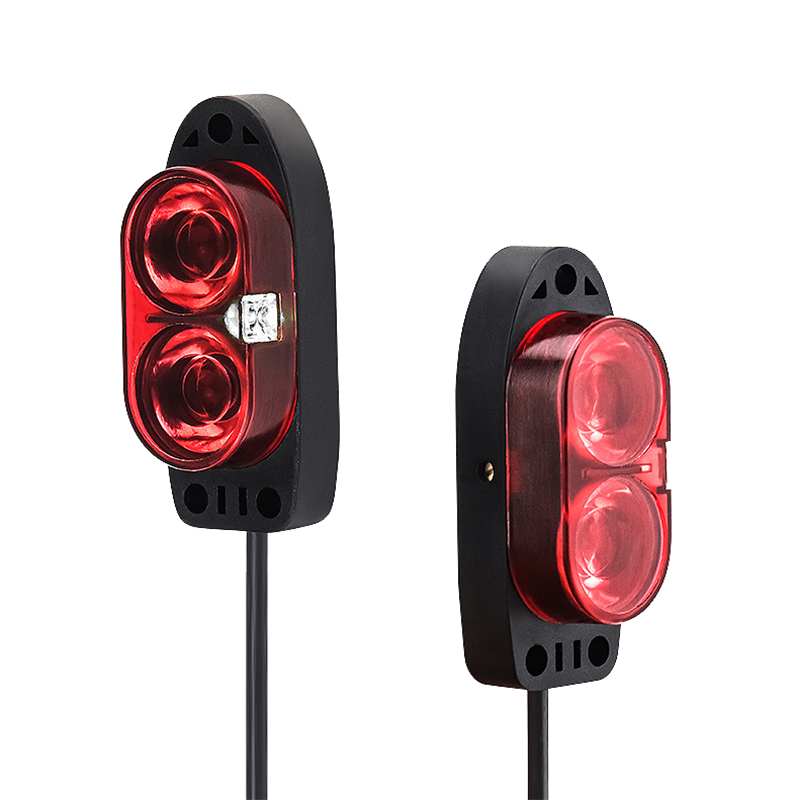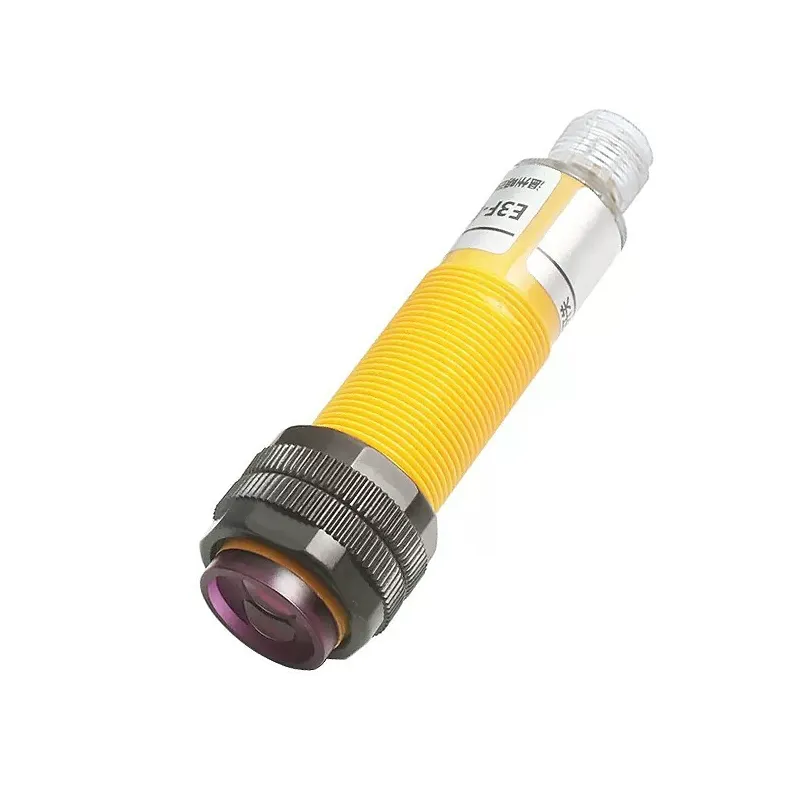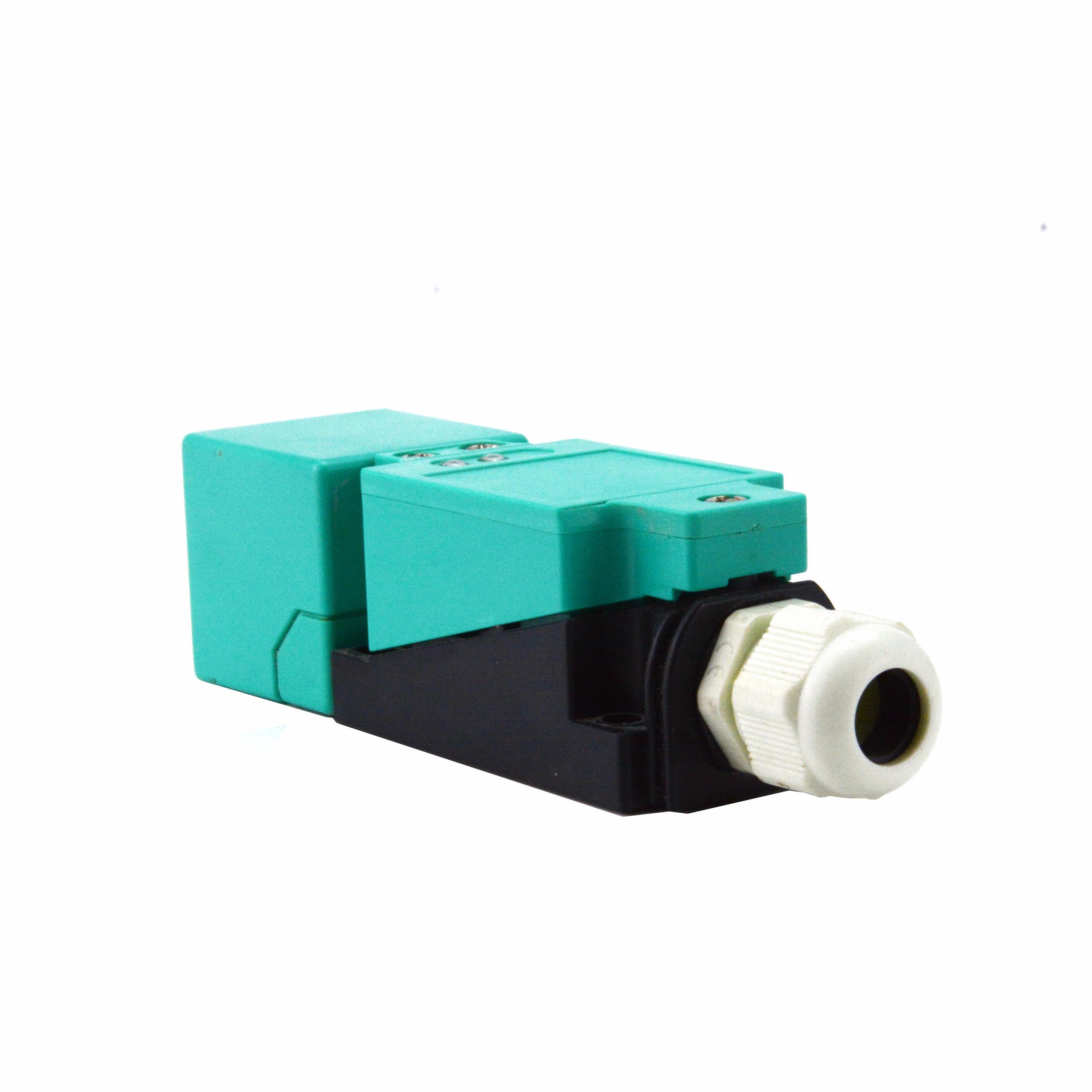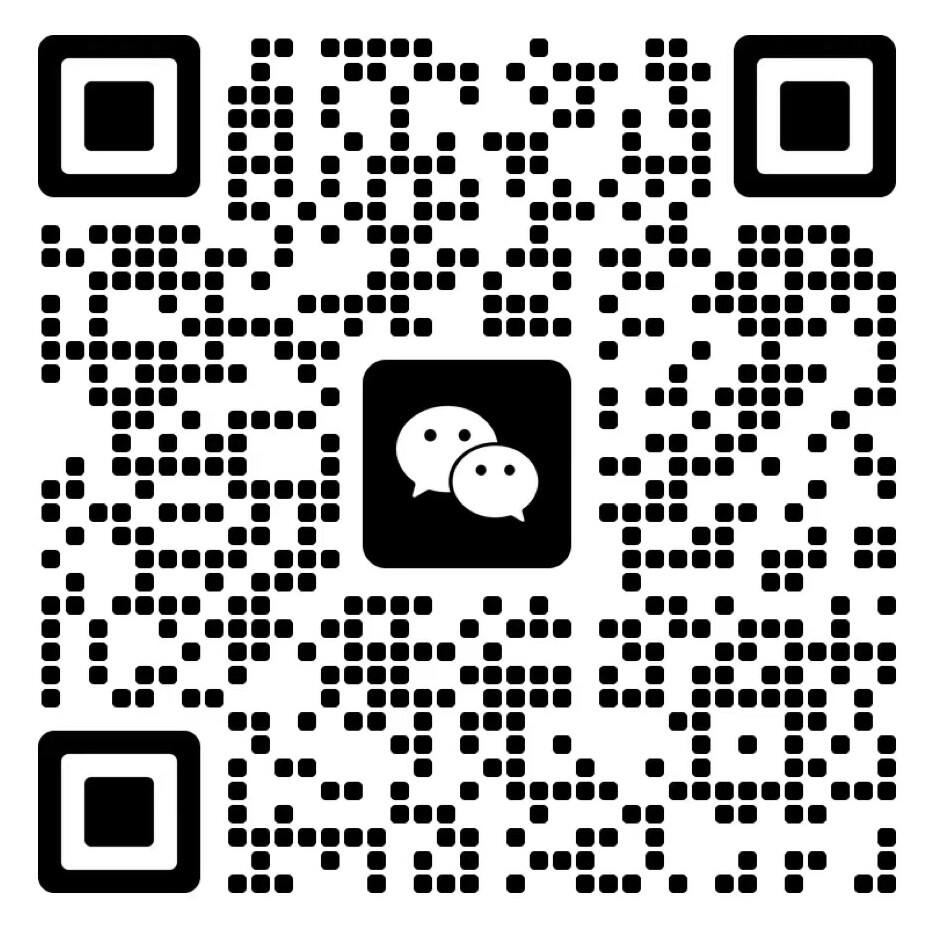censor سطح مایع بدون تماس
سنسور سطح مایع بدون تماس، راهحلی پیشرفته برای اندازهگیری سطح مایعات بدون تماس فیزیکی با محیط است. این دستگاه نوآورانه از فناوریهای مختلفی مانند امواج التراسونیک، رادار یا سنسورهای نوری برای تعیین دقیق سطح مایع در ظروف، مخازن و تجهیزات استفاده میکند. سنسور سیگنالهایی منتشر میکند که از سطح مایع منعکس شده و به آشکارساز برمیگردد و فاصله را بر اساس زمان لازم برای بازگشت سیگنال محاسبه میکند. این روش پیشرفته اندازهگیری، قرائت دقیقی را تضمین میکند و در عین حال صحت سنجنده و مایع اندازهگیری شده را حفظ میکند. این فناوری در کاربردهای صنعتی مختلفی از جمله فرآوری مواد شیمیایی تا تولید مواد غذایی و نوشیدنی، جایی که حفظ شرایط استریل بسیار مهم است، عملکرد برجستهای دارد. این سنسورها میتوانند بهطور مؤثر در دماهای بسیار بالا، محیطهای خورنده و با انواع مختلف مایعات از جمله مواد فرار یا واکنشگرا کار کنند. ماهیت بدون تماس این سنسورها مشکلات رایج مربوط به سنسورهای تماسی سنتی مانند سایش، آلودگی و نیاز به نگهداری را حذف میکند. علاوه بر این، به راحتی میتوان آنها را در سیستمهای اتوماسیون مدرن ادغام کرد و امکان نظارت و کنترل دادههای لحظهای را فراهم نمود. انعطافپذیری این سنسور اجازه میدهد تا با اندازهها و اشکال مختلف ظروف کار کند و آن را به راهحلی ایدهآل برای کاربردهای صنعتی متنوع تبدیل کند.

